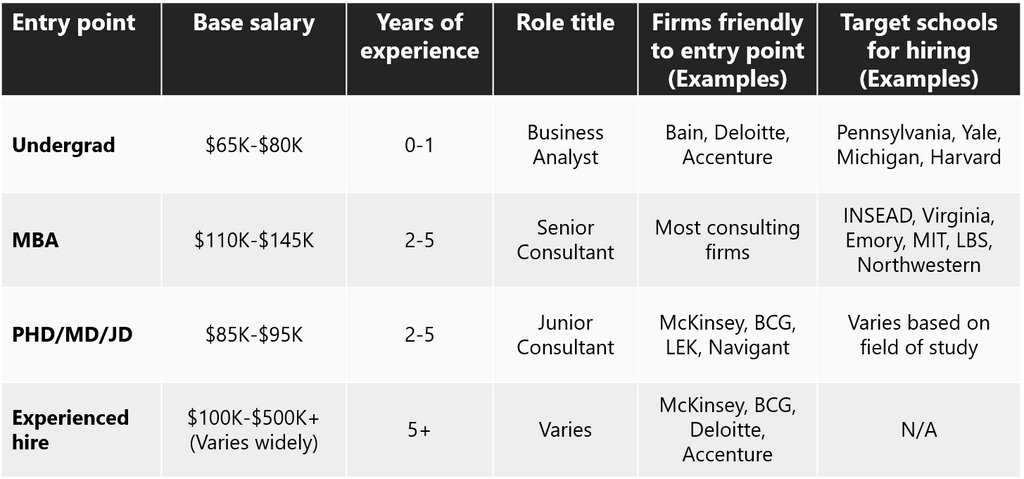
Nonprofit is a distinct type of business. It is not driven solely by profit. Instead, it focuses on the common good. Nonprofits have no income tax to pay, unlike for profit businesses. This means they can concentrate on their mission and their employees can feel great about their work.
These organizations can thrive with the right IT support. This will allow them to increase their efficiency, improve their mission impact, and enhance their competitiveness. However, many nonprofits struggle with their IT management. Nonprofits can feel frustrated and held back by inefficient technology systems.
It is crucial to find an IT support partner who is familiar with the unique needs and requirements of non-profits. A provider that has experience in this space can help ensure that your technology systems are optimized and ready to perform at their peak.
IT Security for Nonprofits - Protect Your Contributors and Donor Data
Nonprofits face one of the greatest challenges: maintaining data security. It is important to invest in security solutions for your data, especially with the increase in hackers worldwide. This includes multi-factor authentication and phishing prevention training.

For your organization's reputation and for ensuring donors and contributors trust you with their personal data, it is important to have an IT services team. It is vital to have an IT team that can help you identify weaknesses in your IT infrastructure as well as offer solutions.
Also, it is important to have an IT team that can respond quickly to any IT issues. It is important to have an IT company available to help in times of crisis. This will save you the need to hire additional staff and can help your organization get up and running quickly after an IT issue.
IT support for nonprofits plays a critical role in keeping your nonprofit on the right path. IT support can increase productivity, lower costs, and help keep donor and contributor data secure.
Your IT support team should be able to provide IT services for your entire office, including mobile devices. This is particularly helpful if your staff works from home or other remote locations. The IT support team you choose should be able access your office any time of the day, even during weekends.
Managed backup solutions are essential for nonprofits that rely on sensitive customer or donor data. This will ensure you have the ability to quickly recover your data.

Nonprofits play an important role in society and should therefore be valued. However, as with all businesses, they are susceptible to hackers and data breaches. It is therefore crucial to find a reliable IT support team to help your nonprofit keep your information safe.
The IT team at EasyIT has been a leader in providing exceptional IT support to nonprofits since 1998, and we'd love to help you too. To schedule an initial consultation with us and learn more about how we can help you make your nonprofit's IT run smoothly, contact us today.
FAQ
How can I start an LLC consulting company?
The first step is to decide what service provider you want to be. Then, make sure that you are qualified for these services. It may be a good idea to seek out someone who offers the services you need and observe their work.
Once you have an idea of the content you want, you can then determine where your target audience is. If they aren't available, you may need them to be created.
You must then decide whether you want your business to be run by you or hired others.
It is possible to also start your own consulting firm by obtaining a license from the State. But this will require a lot more paperwork and legal costs.
How much do consultants make?
While some consultants may make over $100k per annum, most consultants earn between $25k and $50k. A consultant's average salary is $39,000 This applies to both hourly and salaried consultants.
Salary depends on industry, experience, location, and type of contract (contractor vs employee). Also, whether the consultant is located in their office or remote.
What does it mean to be a consultant?
Consultants are people who provide services to others. It's not just a job title; it's a role where you help others achieve what they want from life. You do this by helping them understand their options and helping them make the right choices.
Consultants are skilled at solving problems and overcoming challenges that can arise during projects. They can provide guidance and advice on how to implement the solutions.
Consulting should be able answer any questions related to technology, finance, law and management.
Why would a company hire consultants?
A consultant provides expert advice on how to improve business performance. They are not there to sell you products.
A consultant is a person who helps companies make better choices by providing sound analysis, and making recommendations for improvement.
Consulting often works closely with senior management teams in order to help them understand the steps they must take to succeed.
They also offer leadership training and coaching to ensure that employees are able to perform at their best.
They may be able to advise businesses on ways to cut costs, improve efficiency, and streamline processes.
How can I become a successful consultant
Find an area that you are passionate about. Then you have to build relationships. Knowing what your clients want and how they work is key. You must also deliver results.
While you don't need to be the best at all things, it is important to be better than others. You need passion for what your do. It doesn't suffice to say, "I will be a consultant." You must really believe in yourself and what you're doing.
How did modern consulting come to be?
The first consultants were actually accountants who would help companies manage their finances. They became known as "accounting consultants." This was because they had become very skilled at managing financial information. They soon expanded their roles into other areas like human resources management.
The French word for advice, "consultant", was originally used to describe someone who could advise on the management of an organization. Today, business owners still use the term consultant to refer to any type of professional advisor.
How long does it take to become a consultant?
The length of time required varies depending on your background and industry. Most people start their career with only a few months to find work.
However, many consultants spend years honing their skills prior to finding work.
Statistics
- 67% of consultants start their consulting businesses after quitting their jobs, while 33% start while they're still at their jobs. (consultingsuccess.com)
- "From there, I told them my rates were going up 25%, this is the new hourly rate, and every single one of them said 'done, fine.' (nerdwallet.com)
- My 10 years of experience and 6-step program have helped over 20 clients boost their sales by an average of 33% in 6 months. (consultingsuccess.com)
- So, if you help your clients increase their sales by 33%, then use a word like “revolution” instead of “increase.” (consultingsuccess.com)
- WHY choose me: Why your ideal client should choose you (ex: 10 years of experience and 6-week program has helped over 20 clients boost their sales by an average of 33% in 6 months). (consultingsuccess.com)
External Links
How To
What is a typical day for a consultant?
Each type of work will dictate the day's pace. But generally speaking, you will spend time researching and planning new ideas, meeting clients, and preparing reports.
Clients will often meet with you to discuss their problems. These meetings can be conducted over the phone, by email, face-to-face, or online.
Also, proposals are documents that outline your ideas or plans for clients. Before presenting these proposals to clients, you will usually need to discuss them with a colleague or mentor.
You will need to create content after all your planning and preparation. Writing articles, designing websites, editing photos or conducting interviews are just some of the options.
Based on the scope and complexity of the project you may need research to obtain relevant statistics. It may be necessary to know how many customers are currently using your products or services.
Once you have enough information, it is time to present your findings and conclusions to clients. You can present your findings verbally or in writing.
Finally, you must follow up with clients after the initial consultation. You could phone them occasionally to check on things or send an email asking them to confirm that you have received their proposal.
This process takes time, but it's important to ensure that you stay focused and maintain good relationships with clients.